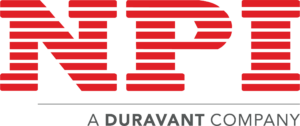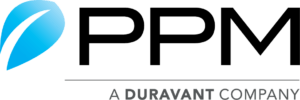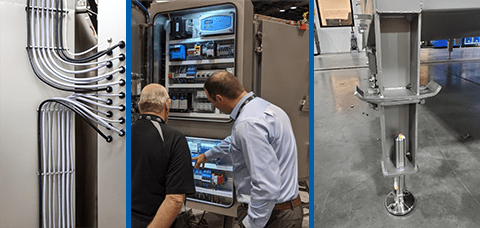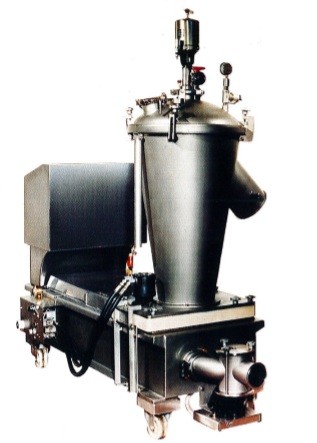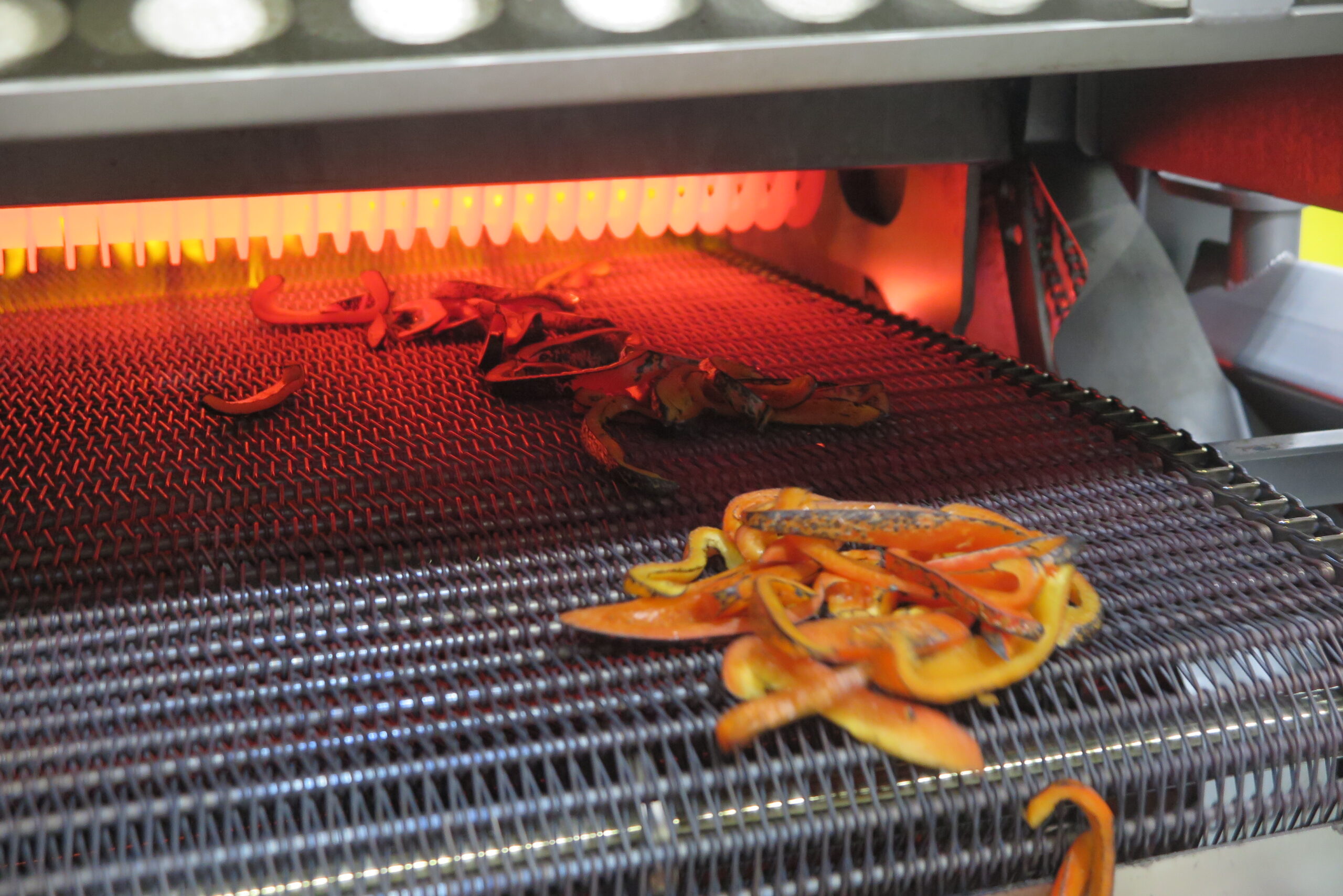In the food industry, the efficiency of the supply chain is vital to profitability and safety. When one link in the food supply chain, such as a farmer or packaging plant, isn’t operating at peak performance, every other link in the chain is negatively affected. Advanced technology in supply chain management has allowed food manufacturers that are willing to embrace new trends to explore more thoughtful and efficient processes.
There are many opportunities within the food supply chain to increase efficiency, safety, and productivity. By harnessing the power of the latest trends, you can ensure your supply chain is managed effectively, contributes to your profitability, and provides a safe and high-quality product to consumers.
Using technology to streamline your processes and manage your supply chain helps you take control of all steps to ensure confidence in your product and consistency in manufacturing. Identifying these management trends and understanding how they can impact your own business processes will ensure you’re tapping into the resources needed to create a productive supply chain.
New Applications for Technology
Collecting robust data on your product as it moves through the supply chain is crucial to adequately managing your processes. Without technology, collecting this data is time-consuming and there’s extensive room for error. Advancements in technology allow professionals in the food industry to automate these processes so they’re more efficient and precise.
Automated inventory systems, GPS systems, and predictive analytics are just some of the ways technology can help you manage your supply chain. About half of executives in the supply chain industry recognize the significance of technology and changing their processes to incorporate this technology. They claim machine learning, data collection, transportation safety enhancements, and regulation are the most important components in supply chain management that are positively affected by technology.
When you’re open to incorporating new technologies into supply chain management techniques, you can increase accuracy and sustainability in the kitchen and throughout all processes. Embracing technology within supply chain management processes also helps you reduce costs and increase profitability.
Cloud-Based Communication
With cloud-based communication, there’s no more reliance on in-person meetings and consistent scheduled interaction with each person within the supply chain. When your communication is cloud-based, you can lay out the guidelines of each process, making it easy for staff, executives, and other professionals involved in the chain to understand their part and responsibilities.
Cloud-based communication allows for real-time data exchanges that can help you make important decisions on inventory, procedures, and transportation. With this constant communication, all links in the supply chain can mitigate problems quickly and make choices based on accurate and updated data throughout every step in the process.
Inventory Systems
An efficient inventory system within supply chain management is crucial to profitability. Taking advantage of the latest technologies in inventory systems, such as automated inventory counts and order tracking, helps ensure you have the most accurate and updated numbers at all times. With access to inventory numbers and statistics at the touch of a button, supply chain management is quick and reliable.
Predictive Analytics
When you implement predictive analytics technologies to your supply chain management strategies, you’ll have a more accurate deception of how your actions affect the future. Predictive analytics can provide you with inventory forecasts, offer information on when food processing equipment will need maintenance, and calculate how much you’ll spend in transportation with different routes.
For example, if you recently upgraded to an efficient oven, you can use predictive analytics to better understand how quickly your product is now prepared and how much more you can produce in a day, which in turn can better inform your sales, contacts, delivery, and orders for new ingredients. This information is crucial for streamlining your supply chain processes and increasing your efficiency at all levels.
Sourcing Alternative Diets and Food Replacements
In 2018, about 5% of the U.S. adult population considered themselves vegetarian. It may seem impossible within the supply chain to provide a product that excites all consumers, but technology can help expand your product line.
You can harness the power of technology in supply chain management to consider alternative diets and food replacements, such as plant-based foods. With advancements in the industry and consumer demand, it’s easier to take on the production of plant-based foods for restaurants, grocery stores, or other food industry stakeholders.
Gluten-free and meat replacement products may be the latest items you need to manage in the supply chain. With multiple items that need to be produced in separate facilities, supply chain management can become complex. However, technological advancements provide consistent communication, predictive analysis, and other aspects that help you manage your supply chain operations, no matter how complicated it becomes.
New Methods for Demand Forecasting
In the food industry, one of the most efficient ways to ensure you’re on top of supply chain management is with demand forecasting. When you use technology to forecast the potential demand for a product, you’ll ensure you have the proper inventory and processes in place to meet this demand.
Accurate and automated data analytics systems are key to improving demand forecasting. With the latest data, you can predict seasonal increases in demand as well as how events or promotions will affect inventory and production. Using technology to keep track of past demand forecasts also allows you to analyze how your predictions came to fruition so you can continue to improve your analytical systems.
Supply Chain Risk Management
One of the most important components of successful supply chain management is risk management. Ensuring your processes produce safe and consistent products for consumers is your top priority.
Within the production process, it’s important to streamline your procedures to ensure you’re reducing food waste and adhering to all food safety guidelines. Packaging and delivery can drain resources, so placing a priority on sustainability is key during these steps in the supply chain.
Technology is useful in ensuring risk management within the supply chain because you can use data and communication to check on all links within the chain. Implementing quality control and analyzing past performance helps you improve these processes to ensure you’re safely and effectively delivering a quality product for consumption.
Supply chain management is an important and complex process within the food manufacturing industry. By utilizing technological advancements in supply chain management, you can ensure there are open lines of communication and data analysis throughout the chain, which increases your profitability and efficiency.







